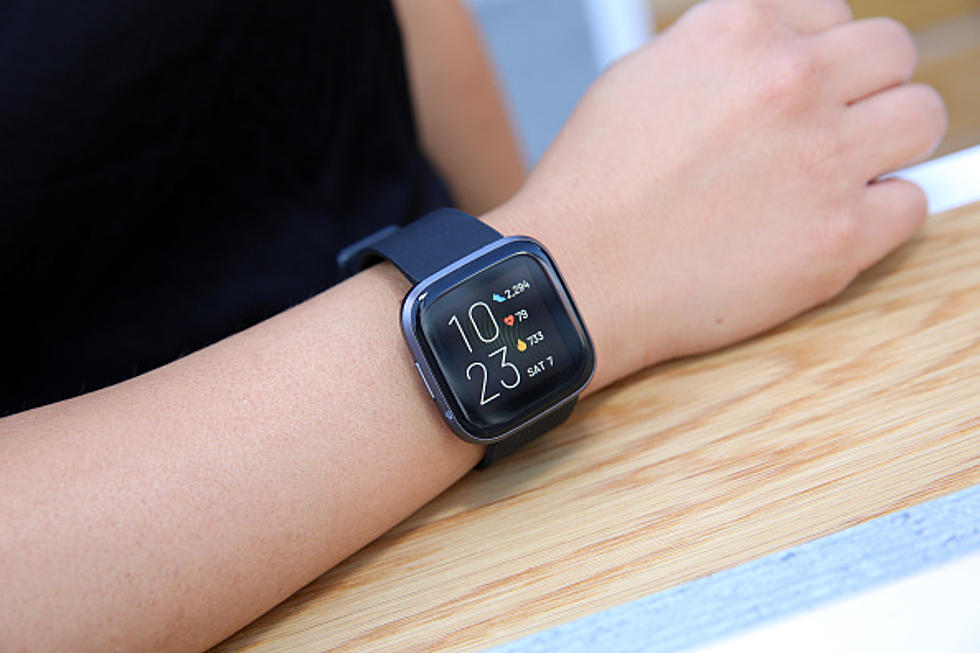
Snacking After Dinner? End Late-Night Eating For Good
To snack or not to snack, that is the question. While some people snack in the evening because they are still hungry after dinner, for others, late night snacking is connected to emotional eating related to boredom, stress, fatigue or just plain old habit. Unfortunately, most people are not snacking on carrots. We tend to learn toward sweet or salty foods that are often high in fat and calories and, of course, we eat too much of them. In fact, some research shows that late-night snackers can consume up to 40% of their daily caloric intake after dinner!
For years, we have been taught that late-night snacking is no good, especially if it leads to unwanted weight. However, some experts say it is not harmful if we make healthier choices. If you absolutely must have a late-night snack, plan to eat something on the lighter side such as yogurt or a piece of fruit. Also, try to boost your fiber and protein intake during the day which can help you feel fuller at night.
However, if you find it impossible to choice healthier options or to stop eating at night once you have started, here are some tricks to help curb late-night eating.
More Health Tips from Robin
- 1
Identify Your Triggers
If you tend to munch on late night snacks in the same "eating spot" try changing where you are sitting. Store candy, cookies or other snacks out of your immediate reach to reduce tempation. Also, ask yourself why yyou are eating. People often eat out of boredom, because of stress or out of habit rather than from true hunger. Consider asking yourself the following questions before eating: Am I hungry? Am I thirsty? Am I tired? Am I bored? Am I sad?
- Prostock-Studio/ThinkStock
Prostock-Studio/ThinkStock 2Seek Emotional Support
If you believe that your late-night eating is caused by a mental or eating disorder, it may be best to seek out a doctor. A trusted medical professional, they can help you identify your problem.
- jason-briscoe/unsplash
jason-briscoe/unsplash 3Eat Enough During the Day
You might be late-night snacking and overeating because you're not eating enough during the day. When you eat a variety of foods throughout the day according to your hunger and fullness, you're less likely to overeat at night. Structuring your eating can do wonders for you health.
- jeshoots/unsplash
jeshoots/unsplash 4Turn Off Those Screens
Eating while we are watching TV or scrolling on our cell or surfing the internet is one of the worst things we can do. Screen time may encourage mindless eating and increased food intake. It can distract attention from what and how much we are eating and reduce signals of fullness.
- brucemars/unsplash
brucemars/unsplash 5Get More Sleep
It is a vicious cycle, you eat more because you are sleep-deprived and you become sleep-deprived because you are up late eating. Sleep deprivation can impair our metabolism and affect hormones linked to hunger, appetite and body weight regulation. When we get too little sleep, we may confuse tiredness for hunger. If you're tempted to keep snacking after a balanced dinner, that may be a sign that your body needs rest. Adults should strive for 7 to 9 hours of sleep every night.
- cathrynlavery/unsplash
cathrynlavery/unsplash 6Keep A Food Journal
This is an eye-opening and sobering experience. Many of us do not realize how much we eat in a day. It is especially important if we have a problem with late-night snacking. Writing down every bite for at least one week helps us identify where we can improve.
More From Lite 96.9 WFPG









